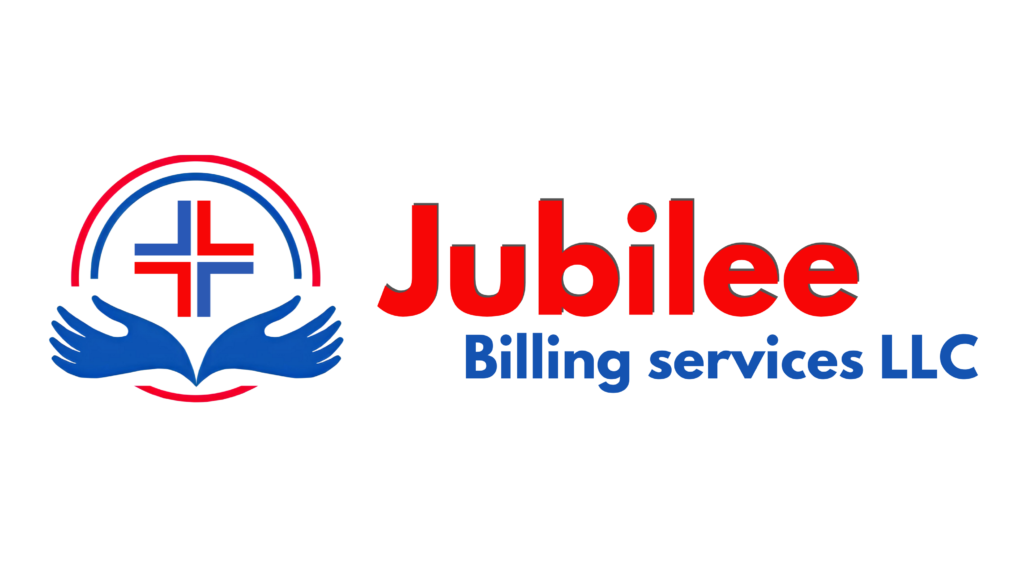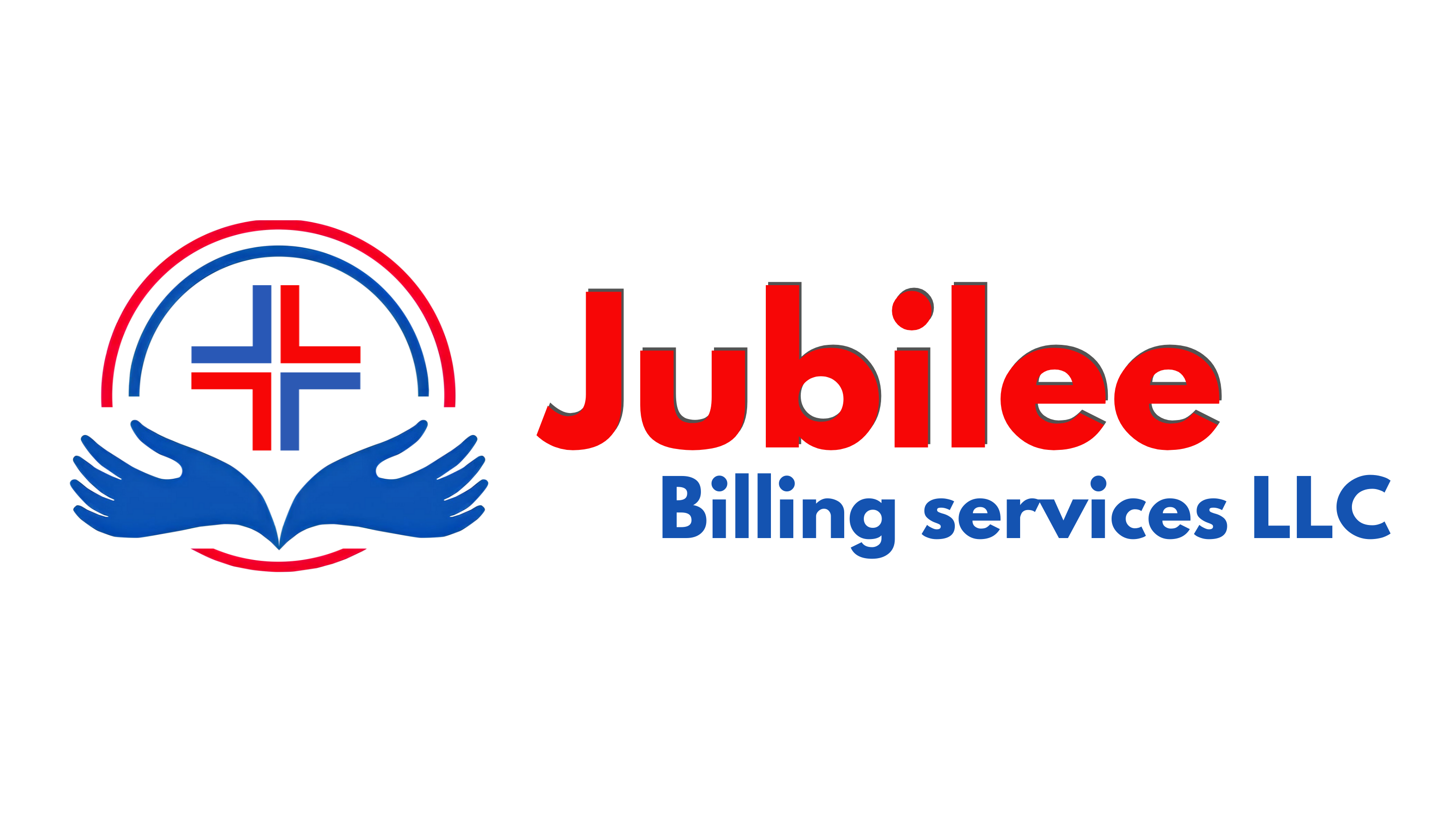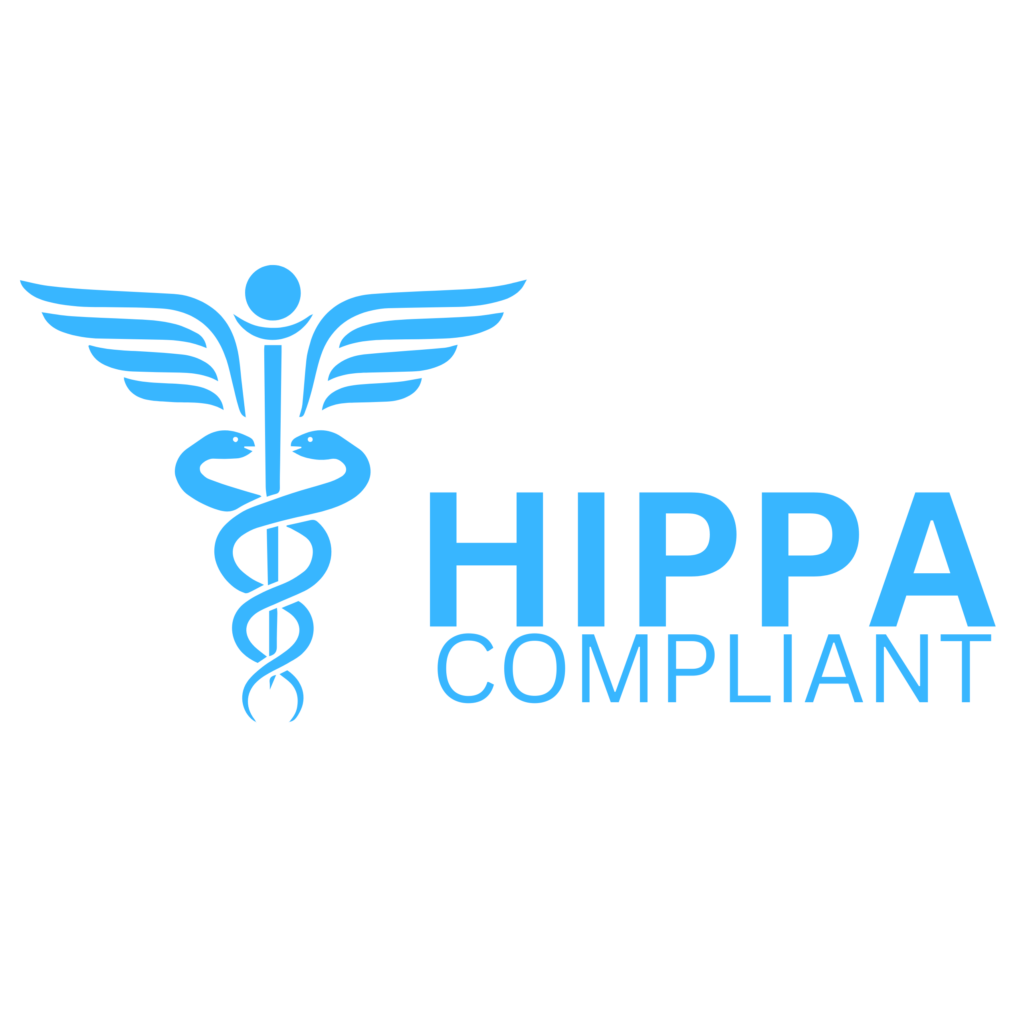The revenue cycle is a critical component of any medical practice, encompassing the entire patient care journey from appointment scheduling to payment collection. Effectively managing the revenue cycle is essential for ensuring financial stability, optimizing reimbursements, and minimizing billing errors. In this blog post, we will explore key steps and strategies that medical professionals can take to review and improve their revenue cycle processes.
Assess Current Processes:
The first step in reviewing your revenue cycle is to assess your current processes comprehensively. This includes evaluating each stage of the revenue cycle, such as patient registration, insurance verification, coding and documentation, claims submission, payment posting, and denial management. Identify any bottlenecks, inefficiencies, or areas of improvement within each process.
Utilize Technology Solutions:
Modern technology plays a crucial role in streamlining revenue cycle processes. Consider implementing electronic health record (EHR) systems, practice management software, and revenue cycle management (RCM) solutions tailored to healthcare billing. These tools can automate tasks, improve accuracy in coding and documentation, enhance billing efficiency, and provide real-time insights into financial performance.
Enhance Patient Registration and Insurance Verification:
Ensure that your patient registration process captures accurate demographic information, insurance details, and contact information. Use electronic forms and verification tools to streamline data entry and reduce errors. Verify insurance coverage and eligibility before appointments to avoid claim denials and delays in reimbursement.
Optimize Coding and Documentation:
Accurate coding and documentation are crucial for proper reimbursement and compliance with billing regulations. Conduct regular coding audits to identify coding errors, ensure proper use of CPT, ICD-10, and HCPCS codes, and address any documentation deficiencies. Provide ongoing training to coding staff and clinicians to stay updated with coding guidelines and documentation requirements.
Streamline Claims Submission and Payment Posting:
Efficient claims submission and payment posting processes are essential for timely reimbursement. Implement electronic claim submission to insurance companies whenever possible to expedite payment processing. Develop a systematic approach to reconcile payments, track denials, and follow up on unpaid claims promptly. Utilize automated payment posting tools to streamline reconciliation and reduce manual errors.
Monitor Key Performance Indicators (KPIs):
Establish key performance indicators (KPIs) related to revenue cycle metrics such as days in accounts receivable (AR), denial rates, clean claim rates, collection rates, and average reimbursement times. Regularly monitor these KPIs to identify trends, measure performance against benchmarks, and pinpoint areas that require attention or improvement.
Implement Continuous Training and Quality Improvement:
Invest in ongoing training programs for billing staff, clinicians, and administrative personnel to ensure compliance with billing regulations, coding guidelines, and best practices. Encourage a culture of continuous learning and quality improvement within your practice to address evolving challenges in revenue cycle management.
Engage in Regular Audits and Reviews:
Conduct regular internal audits and reviews of your revenue cycle processes to identify gaps, errors, or inefficiencies. Utilize external audits or consulting services periodically to gain fresh perspectives and identify opportunities for optimization. Collaborate with revenue cycle experts or consultants to implement best practices and improve overall revenue cycle performance.
By following these steps and strategies, medical professionals can effectively review and enhance their revenue cycle processes, leading to improved financial outcomes, reduced billing errors, and enhanced patient satisfaction. Continuous monitoring, technology utilization, staff training, and quality improvement initiatives are key pillars in achieving a robust and efficient revenue cycle management system.
—
Aakash Saini Business Development Manager at Jubilee Billing Services
E: Aakashjubilee@gmail..com M: 302-665-9648 |


